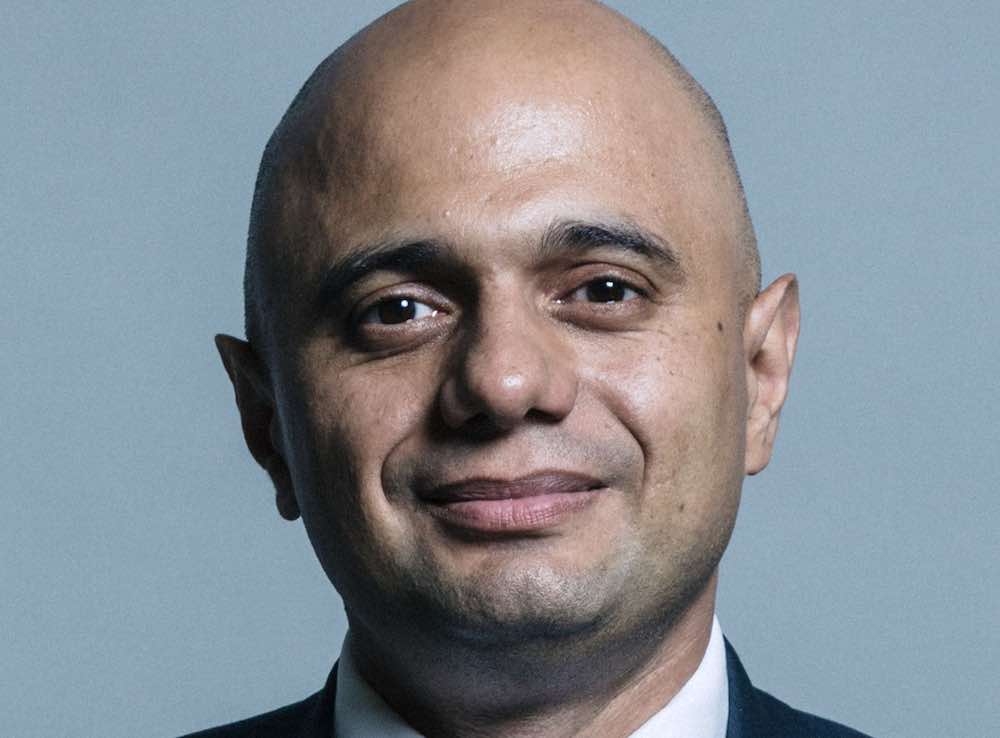Chancellor Sajid Javid has announced a cut to National Insurance from April which should benefit 31m taxpayers.
The National Insurance contribution threshold will rise to £9,500 per year which should mean a typical employee will pay around £104 less in 2020-21.
Self-employed people, who pay a lower rate, will have £78 cut from their bill.
The government set out this week the National Insurance thresholds for 2020-21 ahead of the Budget in March. The level at which taxpayers start to pay NICs will rise by more than 10% to £9,500 per year for both employed and self-employed people.
Mr Javid said: “We’re determined to do what we promised and put more money into the pockets of ordinary hard-working people. That’s why we’re starting this government as we mean to go on, by cutting their bills.
“We want everyone to feel that they can contribute to the new chapter we are opening for the economy and our country, because under this Government work will always pay.
“The government is committed to keeping tax low to ensure people keep more of what they earn. Ministers have pledged that the rates of income tax, National Insurance and VAT will not rise, and the government has set out an ambition to raise the National Insurance thresholds to £12,500, putting almost £500 a year into people’s pockets.”
All the other thresholds for 2020-21 will rise with inflation, except for the upper NICs thresholds which will remain frozen at £50,000, as announced in Budget 2018.
Since 2010 the personal allowance, the level at which people start paying income tax, has risen from £6,475 to £12,500.
Steven Cameron, pensions director at Aegon, said: “Confirmation that the Government is increasing the threshold for when National Insurance (NI) becomes payable to £9,500 is good news, saving 31 million people across the UK up to £104 a year. This means those earning under £9,500 will pay no National Insurance whatsoever.
“What’s doubly welcome is the confirmation that those taken out of paying NI won’t lose out on credits towards their state pension. Anyone earning above the Lower Earnings Limit, which will increase with inflation from its current level of £6,136 will still be entitled to a year’s credit. This is important because people need at least 10 years’ credits to receive any state pension and 35 years to receive the full state pension which is expected to rise to £175.20 a week from April. Without this provision, people might have gained from paying less NI today only to suffer from a reduced state pension in future.”

